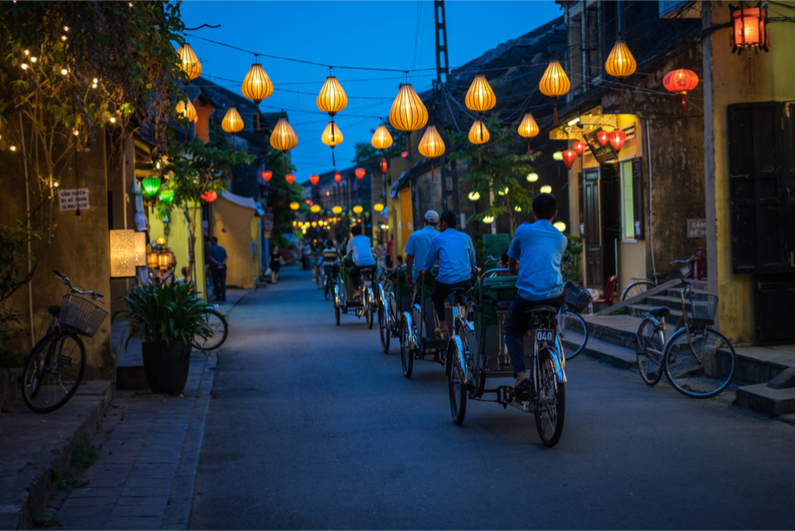A wave of outside betting investors have been looking to get involved in Vietnam, after that country legalized sports betting in June. Many of them want to build racecourses throughout the country.
Over the course of many decades, the Vietnamese authorities had kept a tight rein on gambling activities in the country, with sports betting being illegal. However, as a result of black market sites, residents were able to get around the laws that at were in place, allowing them to get their sports betting fix.
As a result of this, millions of dollar went to overseas operators and illegal domestic operators for many years. One of the major reasons that a new bill was passed to legalize sports betting was so the local economies would be able to start earning a slice of this revenue, in the form of taxation and licenses.
Cost of obtaining a licence
Some even estimate that the black market gambling market could rake in over $1bn (£760m) each year, with none of this money going towards the authorities. Regaining this lost tax revenue could be a massive boost for the Vietnam economy.
Before the introduction of this bill, there had been a widespread crackdown on the illegal platforms that were offering sports betting. A bill was passed with the support of 457 deputies, with only a single deputy being against the bill and two of the deputies deciding to abstain from voting.
This sports betting bill will not be in effect until the start of 2019, but certain football game bets have been allowed since April 2018, with the local sports authority providing a list of the games in question. With the likes of the World cup on this year, it only made sense to not wait until 2019 to start accepting bets, as countries saw massive revenues from betting during the event.
There is only going to be a single license available for football betting. There is a bidding process as part of a five-year plan. In addition to this, punters are only able to bet up to $44 (£33) on a daily basis with a single betting operator. The government’s stance on online sports betting has not been clarified as of yet.
While the bill has been passed, there are not many sports betting platforms that are legal in the country, with only a few horse racing agents having the necessary licenses.
Overseas investors getting involved
With sports betting now legal in Vietnam, it has naturally drawn a lot of attention from major overseas investors, who are always on the lookout for new opportunities. For example, the Golden Horse, which is a South Korean gambling operator, has announced its plans to create their own subsidiary in the country so they can develop their own racecourse.
This would see an investment in the region of $500m (£380m) and the proposal could be submitted to the relevant government authority by October. They have already reached out to the authorities in Vietnam following the passing of the legalization bill.
They would also have a resort, residential area and entertainment complex at the race track, which could see the creation of 5,000 to 10,000 new jobs.
Of course, there are going to be many other rivals in the future to compete with the Golden Horse’s plans. A Singapore company called Amplefield has thrown its own hat into the ring by putting pen to paper on a memorandum of understanding in April, which would see the creation of a new racetrack as part of a joint venture.
This would see them possess a 60% stake, with the remaining equity being owned by the Equine Sanctuary from Malaysia, which has a lot of experience in the horse services industry.
G.O. Max is also South Korean-based and it is looking to develop a massive entertainment complex and racetrack in the Vinh Phuc province, which could see an investment in the range of $1.5bn (£1.14bn).
This particular project has been in the works since 2005, when the company planned to invest $570m (£434m), but its proposal was rejected by the People’s Committee in Vinh Phuc. However, with the recent changes in law, G.O. Max is once again looking to get the green light for this project.
The plans would include having three race meetings each week and have betting points in more than 50 cities, in addition to an online betting platform.
There is certainly money to be made in the market, with G.O. Max’s strategy director estimating that in the initial five years of operation, it could earn up to $972m (£740m) each year, which would generate tax revenues for the government of roughly $100m (£76m) annually.



